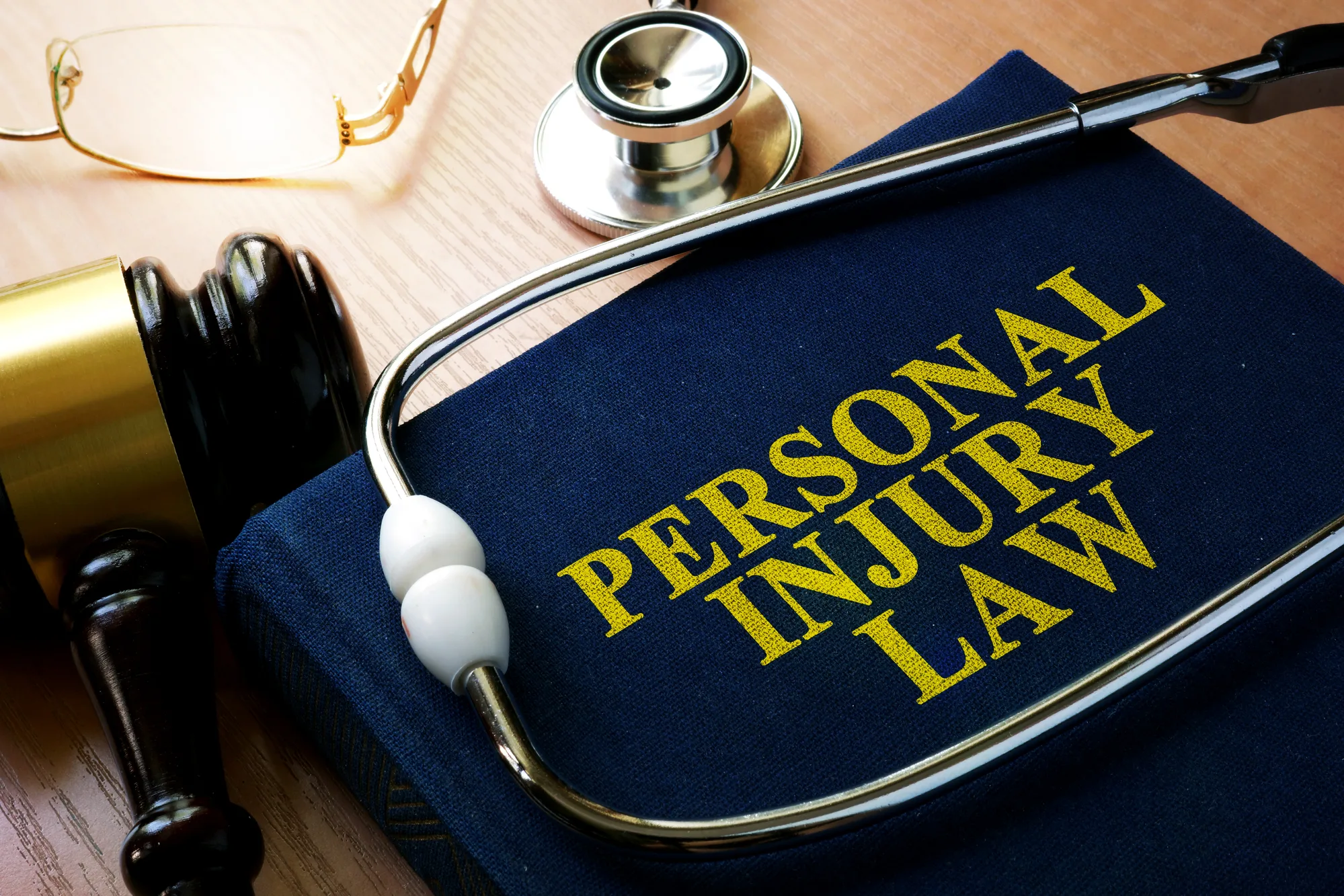When you’re injured in an accident, there are only a few things on your mind. You’re focused on your recovery and hoping to receive compensation for your growing expenses. From medical bills to possible lost wages, and don’t forget about property damage repairs, your expenses are quickly piling up.
Your first instinct is to probably contact your insurance company and file a claim. However, your insurance adjuster is going to require proof of your damages. The role of medical records in personal injury cases can’t be understated. Without your medical records, you’re going to run into difficulties filing your claim.
Why Medical Records Are Vital for Your Personal Injury Case
Most people are a little wary of sharing their medical records. After all, your medical files contain personal information. Sometimes, you really don’t want to share a medical diagnosis. Some diagnoses can be a little embarrassing.
However, this isn’t what your accident attorney or the insurance company is looking for. They don’t care about a medical situation from a few years ago; they only care about diagnoses and treatments relating directly to injuries you sustained in the accident. This means you don’t need to open up your medical history dating back to early childhood.
So, why do you need to submit your medical records? The answer is fairly simple: your medical records indicate the type and severity of your injury. Your treatment protocols, including any prescribed medications and therapy, are also listed in your medical file. If you have pre-existing conditions, you can include these in your personal injury lawsuit, and your medical records back up your claim.
When it comes to receiving compensation for your medical expenses, you need to provide proof of the costs—and guess what? Your medical records also help place a dollar amount on this type of damage.
If your personal injury case heads to civil court, your medical records serve as irrefutable evidence. The defense will have difficulty denying the validity of your medical records. Thankfully, the U.S. Department of Justice reports only around 5% of personal injury lawsuits make it to court. The other 95% or so are settled through negotiations.
A reason why so few personal injury cases go to court is due to the irrefutable evidence medical records provide.
Common Types of Medical Records
The term medical records can conjure up images of thick files dating back years and sometimes decades. Don’t panic, you aren’t going to need a large box or spend hours downloading lengthy files. Sometimes, all you need to supply are receipts and some bills.
However, be prepared to submit additional documentation. Every personal injury case is unique and yours may require additional paperwork.
A good tip to remember is to save every scrap of paper relating to your injuries and treatment. Yes, by the time your personal injury case is settled, you may feel like a pack rat. However, it’s always best to plan for whatever the insurance company may request.
Sometimes, they even want separate receipts for each prescription you fill. Here are a few examples of the types of medical records you’ll want to keep on hand:
- Bills from hospitals, doctors’ offices, and insurance companies
- Costs of at-home nursing and ongoing care
- Illness and congenital condition treatment records
- Insurance forms and paperwork
- Diagnostic test results
- Medical histories and charts
- Medication lists
- Receipts for equipment like crutches and braces
- Receipts for over-the-counter pharmaceutical and topical treatments
- Records of previous procedures, surgeries, and therapy
To make it easier to find the requested record or scrap of paper, you may want to create a file dedicated to only medical records relating to the accident. This way, it’s a little easier to find something your attorney or insurance provider is requesting.
Maintaining Medical Privacy in a Personal Injury Case
As mentioned earlier, medical privacy is often a concern. There are some diagnoses you may not want to become common knowledge.
Even with attorney-client privilege laws, this doesn’t mean you’re always comfortable letting your lawyer in on your complete medical history. Once again, you’re not sharing your entire medical file, only what pertains to your injuries sustained in the accident.
Don’t forget about HIPPA (Health Insurance Portability and Accountability Act). HIPAA applies to both your personal injury attorney and the insurance company. So, what is HIPPA? The federal law makes it illegal for anyone to disclose your personal health information.
So, not only are you protected by client-attorney privilege, but also by federal law. You’ll need to sign a consent form (waiver) before your attorney and the insurance company can access your personal health information and/or use it in your injury case.
Some Health Information Can Be Held Back
HIPAA is pretty specific when it comes to holding back personal health information. This should help ease your mind if you’re worried about releasing everything contained in your medical file. What can you hold back under HIPAA guidelines?
- Any psychotherapy notes, including those detailing treatment or diagnoses. In other words, your mental health history is off-limits in a personal injury case.
- If your medical files contain information that may place you or others at risk.
- Sometimes, the defendant may request your medical information as part of the discovery process. If this applies to your case, a court order is necessary before releasing the information.
If you’re wondering if you can review your medical records, the answer is yes. Obviously, you’re well aware of your medical bills, prescription receipts, etc. However, physicians often jot down notes in their patients’ files.
If you haven’t read over the notes, now’s a good time to give your file a quick review. Don’t forget that it can take around two weeks to receive your medical records after submitting a question. If you’re planning on going forward with a personal injury case, it’s a good idea to get started before the insurance provider submits a request.
Talk to an Attorney About Using Medical Records in Your Personal Injury Case
In a personal injury case, it’s likely that your medical records will be a necessary part of the process. However, before you become concerned about who will have access to these sensitive documents, it’s advisable to consult with a personal injury attorney.
An experienced attorney can explain how your medical information will be used, who will have access to it, and how your privacy will be protected throughout the legal proceedings. This professional guidance can help alleviate your concerns and ensure that your rights and confidentiality are maintained.






